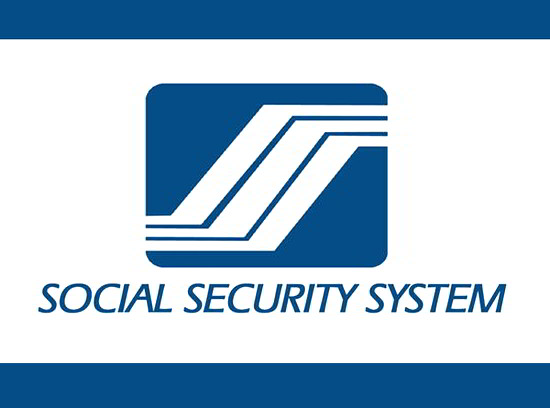The Social Security System (SSS) filed criminal charges against over 600 companies during the first half of 2012 for violations such as failure to register workers for SSS coverage, refusal to cooperate with SSS account officers and non-remittance of contributions.

SSS Assistant Vice President for Operations Legal Department Atty. Santiago Agdeppa said 494 out of the 606 employers charged during the period were for failure to remit monthly premiums amounting to P209.34 million, including penalties of more than P118 million.
“We continue to intensify legal measures to compel employers to fulfill their responsibilities under the law. As a result, the number of companies sued by SSS grew by 17 percent as compared with the 518 companies charged in the first half of 2011,” Agdeppa noted.
Under the Social Security Act of 1997, delinquent employers face six to 12 years in prison and a maximum fine of P20,000. They are also charged with a stiff monthly penalty of three percent on overdue contributions of employees.
Agdeppa revealed that the state-run agency collected P155.63 million from January to June 2012 from employers that settled their delinquencies after the SSS initiated legal actions against them such as issuance of demand letters and filing of cases.
“Non-remittance of contributions is the most common violation of employers, accounting for four out of every five cases filed by SSS. We also sued 109 firms for failure to register their workers for SSS coverage and refusal to present company records to SSS authorities,” he said.
The law requires employers to report workers to SSS within 30 days from start of employment and to promptly remit monthly contributions of employees. Employers are also required by law to present their records for inspection by SSS or its authorized representatives.
“To safeguard against unscrupulous employers, we encourage employees to monitor the remittance of their SSS payments by registering at our website at www.sss.gov.ph,” Agdeppa urged. “Employees can file a complaint against delinquent employers at their nearest SSS branch. They may remain anonymous in filing their complaints, but what is important is that they inform SSS so we can immediately start to investigate.” – Sigfredo Ibay







